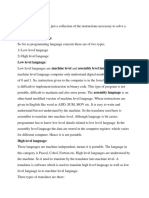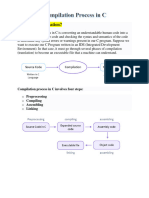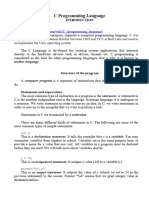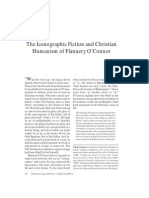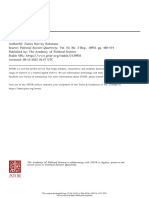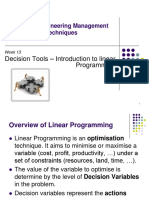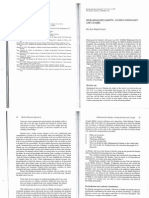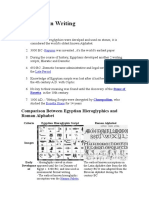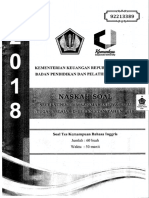0% found this document useful (0 votes)
29 views5 pagesC Compilation Process Explained
Theory of compilation in C language
Uploaded by
tokewe2388Copyright
© © All Rights Reserved
We take content rights seriously. If you suspect this is your content, claim it here.
Available Formats
Download as DOCX, PDF, TXT or read online on Scribd
0% found this document useful (0 votes)
29 views5 pagesC Compilation Process Explained
Theory of compilation in C language
Uploaded by
tokewe2388Copyright
© © All Rights Reserved
We take content rights seriously. If you suspect this is your content, claim it here.
Available Formats
Download as DOCX, PDF, TXT or read online on Scribd
/ 5






































